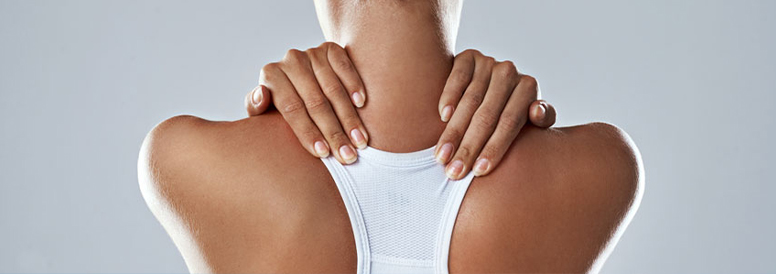Probiotics for women's health
Probiotics can help address a variety of health concerns for women. There are the obvious applications when it comes to supporting microbial balance in both the digestive and urogenital tracts; however, researchers are beginning to understand additional ways that probiotics support women’s health beyond the current applications.
Probiotics for healthy bones
One unique benefit probiotics may have is by supporting bone health which is an important concern for women. Emerging research is making the connection between the gut microbiome and bone health. According to a 2017 review published in the journal Bone Research, “Multiple approaches through which gut microbiota may regulate bone metabolism have been proposed, including actions on the immune system, endocrine system, and calcium absorption.” The researchers of that review conclude that this is especially true for postmenopausal women.
A 2018 randomized placebo-controlled double-blind clinical trial published in the Journal of Internal Medicine demonstrated that Lactobacillus reuteri 6475 in particular helped support bone health in older women with low bone mineral density. The preliminary research regarding probiotics and bone health is exciting but more research is needed to determine
specific bone health protocols that involve probiotic supplementation.
Probiotics for healthy heart function
When thinking about probiotics and women’s health, we may not think about the heart, but new research makes this connection as well. A 2018 12-week placebo-controlled randomized
clinical study published in the journal Nutrients demonstrated that probiotic supplementation positively supported vascular and arterial function in obese postmenopausal women. In that
study, VEGF levels were significantly decreased in the women taking the probiotics versus the control group.
Probiotics for hormonal balance
Hormonal changes, such as those that occur during menstruation and menopause, are also impacted by gut microbiota. Preliminary research demonstrates that gut bacteria and
optimal bacterial balance plays a positive role in the metabolism of estrogens. Researchers who published a mini review in the journal Frontiers in Microbiology describe the direct influence that the gut microbiota has on the health of menopausal women. “When the interaction between the gut microbiota and estrogen is altered due to lack of estrogen,” write the researchers, “this relationship is restructured according to the new circumstances.” This can lead to metabolic and immunological changes that can have far-reaching health effects. While more research is needed in this area, it makes sense that supporting the microbiome will also help support hormonal balance.
Research involving probiotics and the microbiome is growing exponentially and this includes many important areas of women’s health. Probiotic specifically for women, are available in varying formulations to address the specific needs of women throughout their lifecycle.

